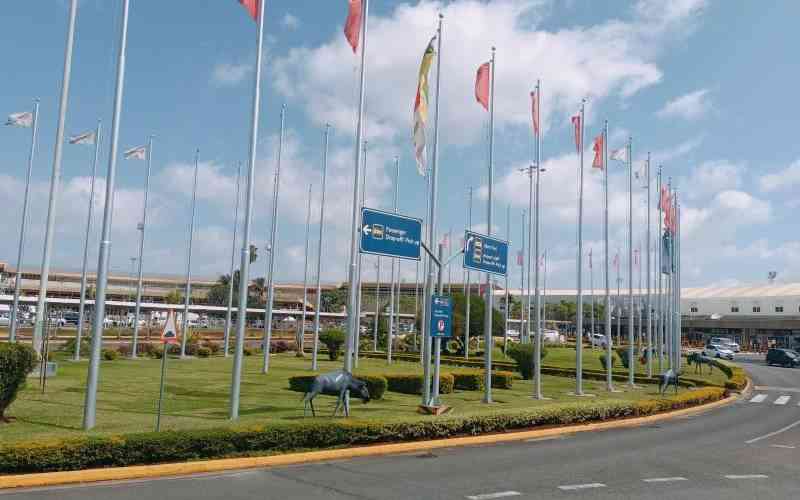Nigeria Customs Implements Zero Tax on Pharmaceutical Inputs and Introduces B-Odogwu System

The Nigeria Customs Service (NCS) has officially commenced the implementation of a zero tax policy on imported pharmaceutical inputs for a duration of two years. This initiative follows President Bola Tinubu's approval of comprehensive guidelines aimed at exempting import duties and value-added tax (VAT) on critical raw materials essential for manufacturing pharmaceutical products.
This move comes almost a year after TheCable, on May 23, 2024, appealed to President Tinubu, state governors, and lawmakers to address the escalating costs of medications, often referred to as “drugflation,” through urgent policy and legislative actions. TheCable specifically urged the president to issue an unambiguous executive order to temporarily cut tariffs on imported medicines and active pharmaceutical ingredients (APIs).
A month later, Tinubu signed an executive order to introduce the zero tax policy on imported pharmaceutical inputs. According to the NCS, the guidelines for this policy were approved by Tinubu through Wale Edun, the minister of finance and coordinating minister of the economy. This aligns with presidential directives to bolster local healthcare manufacturing, reduce production costs, and attract investments into the sector.
The NCS statement specifies that the exemption will cover APIs, excipients, and other raw materials used in the production of essential medicines. It also extends to long-lasting insecticidal nets (LLINs), rapid diagnostic kits, reagents, and packaging materials.
To ensure transparency and effective monitoring, the NCS will compile quarterly reports detailing all importations made under this policy. These reports will include data on importers, quantities, and values of the imported items, ensuring the policy's implementation aligns with its intended objectives.
The NCS emphasized its commitment to supporting government policies while fulfilling its mandate to facilitate trade, enhance border security, and drive national development. The service also highlighted that the successful implementation of this policy requires collaboration from all stakeholders, including importers, manufacturers, and relevant government agencies. Through collective efforts, the shared goal of a robust healthcare sector that meets the needs of all Nigerians can be achieved.










